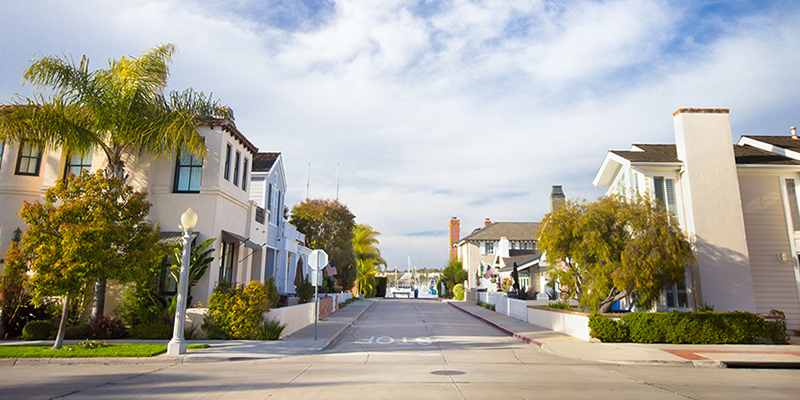AB 572: New Bill Caps Assessment Increases For CIDs

AB 572, passed in 2023, will impact new Common Interest Developments. Under the new law, newly formed CIDs can't exceed a certain percentage when it comes to assessment increases.
Browse By Category
Sign up for Our Newsletter
AB 572, passed in 2023, will impact new Common Interest Developments. Under the new law, newly formed CIDs can’t exceed a certain percentage when it comes to assessment increases.
What Is AB 572?
In a legislative milestone of 2023, a newly passed law is set to place additional limitations on increases of regular assessments by homeowners associations in California. AB 572 is set to impact approximately 35% of the state’s housing units within Common Interest Developments (CIDs).
As outlined in the Bill Analysis, CIDs encompass a diverse range of residential entities, including condominium projects, cooperatives, or clusters of single-family residences within planned unit developments.
Under the new legislation, HOAs with newly recorded CIDs face restrictions on increasing regular assessments. The bill caps increases at 5%, along with a cost-of-living adjustment, within a fiscal year — an overall ceiling set at 10%. It is worth noting that this regulatory framework applies exclusively to CIDs recording an original declaration with the Department of Real Estate (DRE) on or after January 1, 2025.
More on AB 572
In this context, “fiscal year” refers to the percentage change from April 1 of the previous year to April 1 of the current year. This is according to the regional Consumer Price Index specific to the property’s location. When a regional index is unavailable, the California Consumer Price Index for All Urban Consumers applies.
There are exceptions for special assessments and emergency assessments. These remain outside of the scope of the stipulated percentage change. Furthermore, the law introduces exclusions for specific CID categories.
These exemptions include:
- Developments with 20 or fewer units;
- Those surpassing local zoning requirements for deed-restricted affordable housing units at the time of final approval; and,
- Developments in areas lacking zoning ordinances mandating a percentage of deed-restricted affordable housing units.
Since the new law affects CIDs recorded in 2025, existing HOAs need not worry about the bill.
Trending Now
Related Article
Sign up for Our Monthly Newsletter
Sign up below for monthly updates on all HOA Resource
















